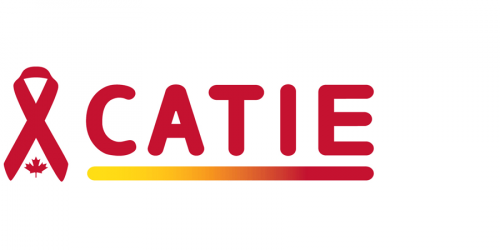Queer women are ignored in HIV research: this is a problem and here is why it matters
February 23, 2016 • By Carmen LogieLesbian, bisexual and queer women are rarely included in HIV research. Women who have sex with women, and their HIV infection rates, are not captured anywhere because women cannot report having a woman as a sexual partner in Canada’s HIV statistics. The current record only allows women to report HIV exposure either through injection drug use or heterosexual sex. This contributes to the erasure of women’s sexual and gender diversity and fluidity in HIV research. Queer* women are ignored in HIV research: this is a problem and here is why it matters.






